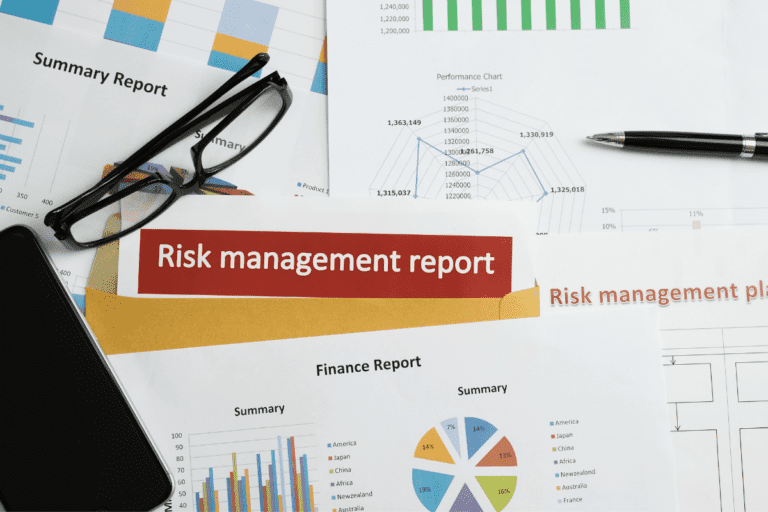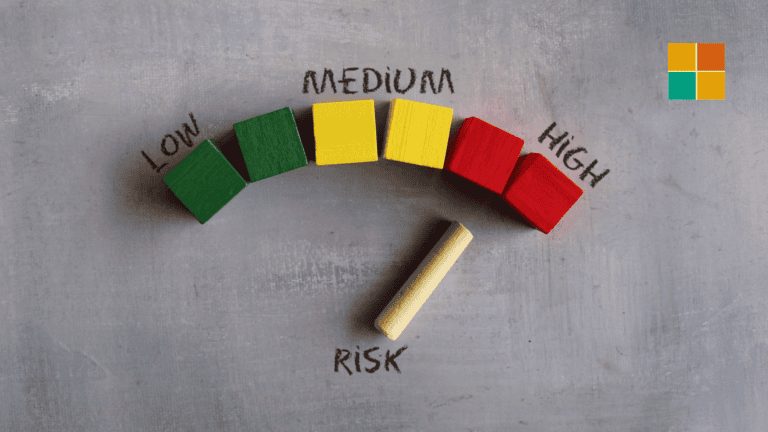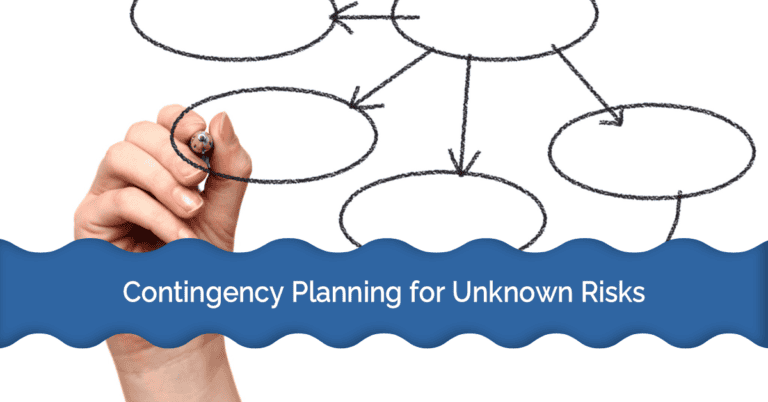Global markets are exciting and intimidating, especially when new challenges arise.
If venturing across oceans makes you feel seasick, learning from others’ mistakes can help you grow into a confident trader soon.
Consider some of the key evolving threats that could affect your venture in the global arena.
Climate Change and Environmental Concerns
Beyond any doubt, climate change is one of the most significant current risks facing global markets. We are all vested in the issue of environmental sustainability, and governments are being far more stringent than ever with greenhouse gas emissions regulations while also focusing on renewable energy.
Suppose climate change is an ever-present risk in your business (whether it affects your supply chain, operational costs, or regulatory compliance). In that case, it also presents a unique opportunity for startups to differentiate themselves by ensuring their practices incorporate environmental friendliness.
Cybersecurity Threats
Global markets face high risks as new-age firms with no physical presence become increasingly connected digitally. As the risk of a data breach, ransomware, or even a disruption to critical infrastructures slowly increases, startups with no prior experience of robust digital infrastructure are particularly exposed.
As a startup founder, you should invest in sound digital infrastructure early to protect your company and their data.
Geopolitical Unrest
Relations between countries can shift, governments can change, hostilities might erupt, or there could be a trade war.
All these things can influence the way markets behave internationally. Change can impact your supply chain, tariffs you pay to import, or exchange rates for payments you send abroad.
As a startup, it might be wise to craft your international strategy in a way that anticipates these last-minute alterations.
Foreign Exchange Volatility
Trading in global markets involves dealing with various currencies, which can be up and down because of multiple variables that dictate their value.
Currency fluctuations could affect your bottom line, and reading up on global forex trends and developing a strategy to mitigate this risk could help your startup emerge victorious when the next financial storm hits.
Technological Innovations
One of the defining characteristics of the new world of work is the pace of technological change.
While this opens up many exciting opportunities, the rapid pace of technological change can also be a source of disruption.
New technologies such as artificial intelligence, blockchain or 5G could transform your industry overnight. As a startup, keeping ahead of the curve or gaining a better technological match with a new technology can provide a competitive edge.

Global Pandemic and Health Crises
If anything, COVID-19 taught us how a global health crisis can trigger deep business disruptions. The pandemic disturbs the world of supply chains repeatedly when consumer spending priorities shift dramatically, let alone the worst that can happen—the loss of human lives.
Today, startups need to ‘future‑proof’ their businesses to ensure they can operate during pandemics.
Regulatory Shifts
Changes in the legislation and regulations will impact business models and their competitiveness among global markets.
For startups, the challenges of uncertainty over political change and its effect on laws will make it imperative to invest in regulatory intelligence.
Socio-cultural Sensitivities
With the increasing globalisation of your business, the internationalisation of your startup will inevitably introduce you to diverse cultures and societies.
Respect for the intricacies of cultural nuances and the value of socio-cultural norms and values have become significantly important for business sustainability.
Ignorance of socio-cultural nuances and sensitivities stands a chance of jeopardising the global brand reputation of your business.

Final Thoughts
Emerging risks can be a source of fear, but they can also be a source of opportunity. To avoid nasty surprises, they must be addressed.
If handled correctly, being sustainable, more secure, resilient, digital, crisis-proofed, regulatory, or respectful and accepting of cultures could become an opportunity.
But above all, startups require flexibility, attention to resilience and practices for strategic forward motion. It’s thrilling. The obstacles are not for the faint of heart; with eyes wide open, the trek is well worth the climb.






